Earlier this week, Czech President Petr Pavel officially tasked Andrej Babis with forming a government. Speaking to Magyar Nemzet, analyst Laszlo Dornfeld explained what the potential new Czech government could mean for Europe and the broader Central European region.
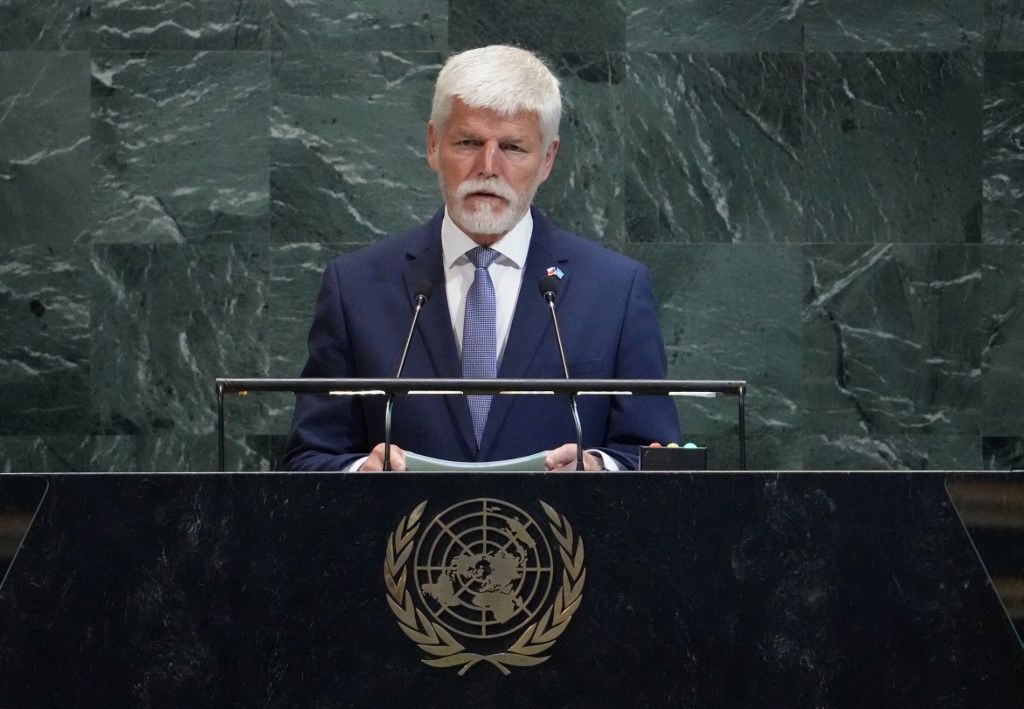
If Babis manages to form a government — and right now, the chances look very good — it would fundamentally alter Europe’s power dynamics,
Dornfeld said.
One plus one may actually turn out to be more than two in this case. From now on, every European Council meeting could have at least two — maybe even three — solidly patriotic leaders at the table. That means the strategy of simply bypassing Hungary won’t work anymore,
Dornfeld noted. “Ignoring one ‘troublesome’ member state can be explained away — ignoring two will be much harder. Slovakia has so far been 'kept in line' by Brussels with special deals, but if this new partnership becomes formal, that will change too.”
This could be a real game changer.
the expert stressed.
Dornfeld described Czechia as “a huge gain for the Patriots for Europe group,” saying the development would strengthen the political weight of Central and Eastern European countries inside the EU — especially if it evolves into a formal cooperation involving Slovak Prime Minister Robert Fico as well.
It’s no coincidence that Brussels has done everything in its power to break up the V4 alliance — using Donald Tusk’s allies in Poland and Peter Magyar’s camp here in Hungary,” he explained. “Brussels fears a successful regional partnership because it would block their federalist ambitions.
The analyst also explained:
Hungary’s voice within EU institutions will now grow stronger, and the pro-war forces in Brussels will face a tougher fight. Brussels is working to convert Europe’s economies into wartime economies by 2030, in preparation for a direct conflict with Russia. Hungary's leading opposition Tisza Party is going along with this plan as a member of the European People's Party (EPP) - one of the most pro-war factions in the European Parliament,
he said.
In contrast, Andrej Babis has made it clear that Czechia wants no part of this war psychosis — nor of mass migration or the dream of a ‘United States of Europe'. Furthermore, regional cooperation also makes economic sense,” Dornfeld added. “While our region’s economies are steadily growing, Western Europe’s biggest countries are sliding backward.
Czechia Has No Interest in Cutting Off Russian Energy
On energy policy, Dornfeld said Czechia’s claimed independence from Russian energy is more illusion than reality. “Like many others, Czechia buys significant amounts of oil products from Hungary’s MOL — which still refines mainly Russian crude,” he explained.
That means a full break from Russian energy would not serve Czechia’s interests and hardly be in the interest of the new government, as it would jeopardize energy security across the region. Rapidly phasing out Russian energy would trigger massive supply crises. Here in Hungary, it’s telling that the Tisza Party supports this reckless idea,
Dornfeld noted.
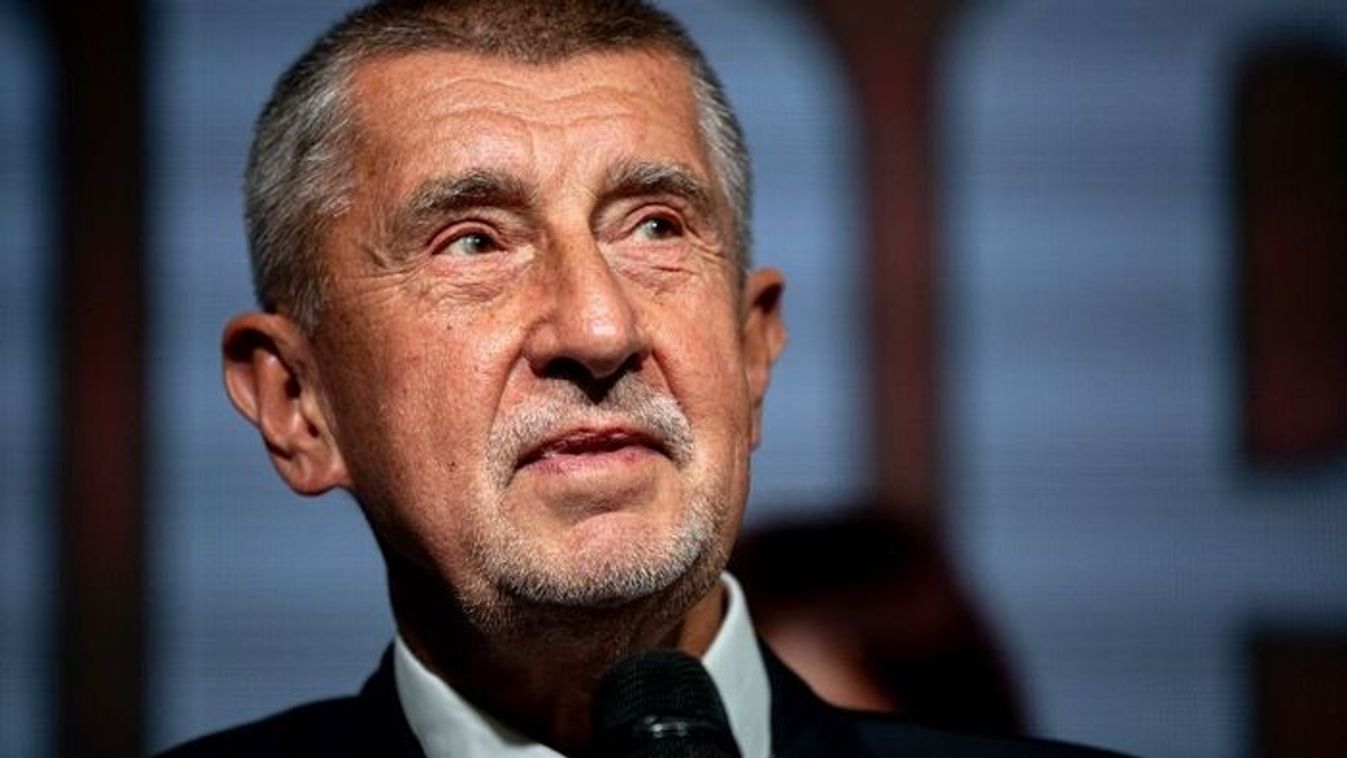
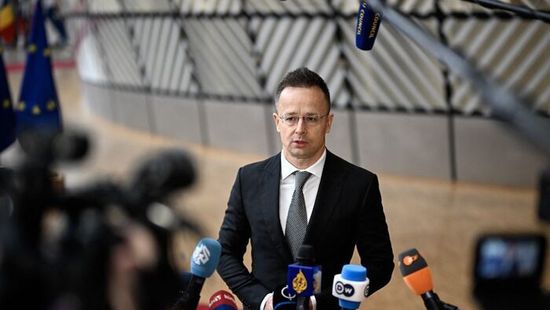
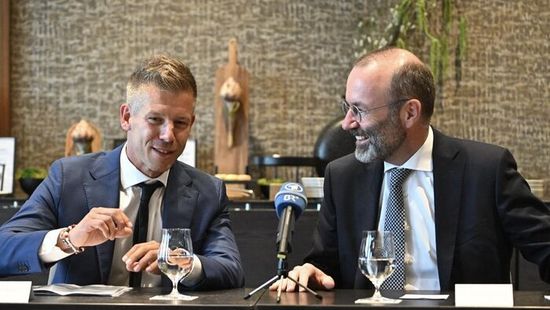

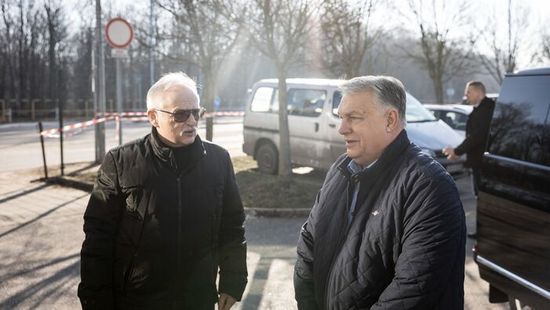

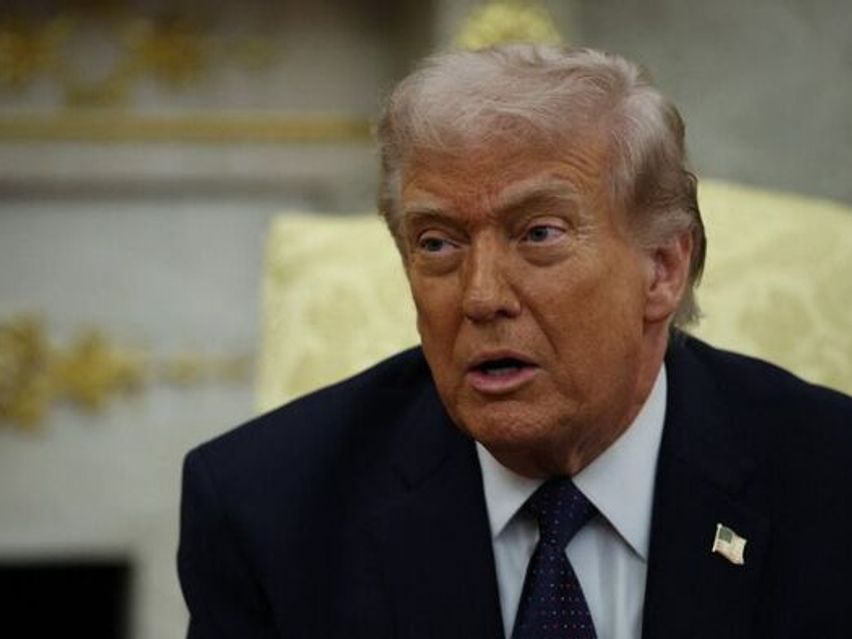
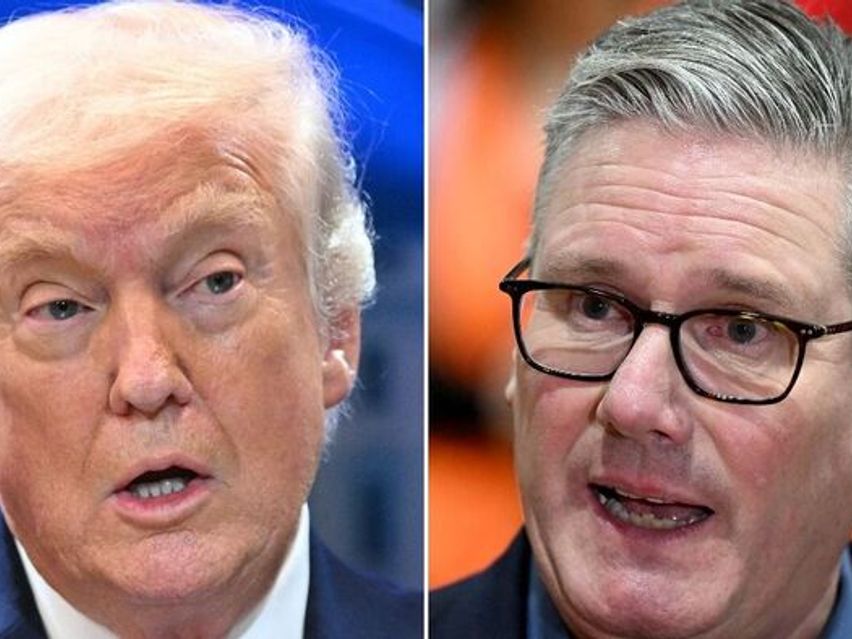
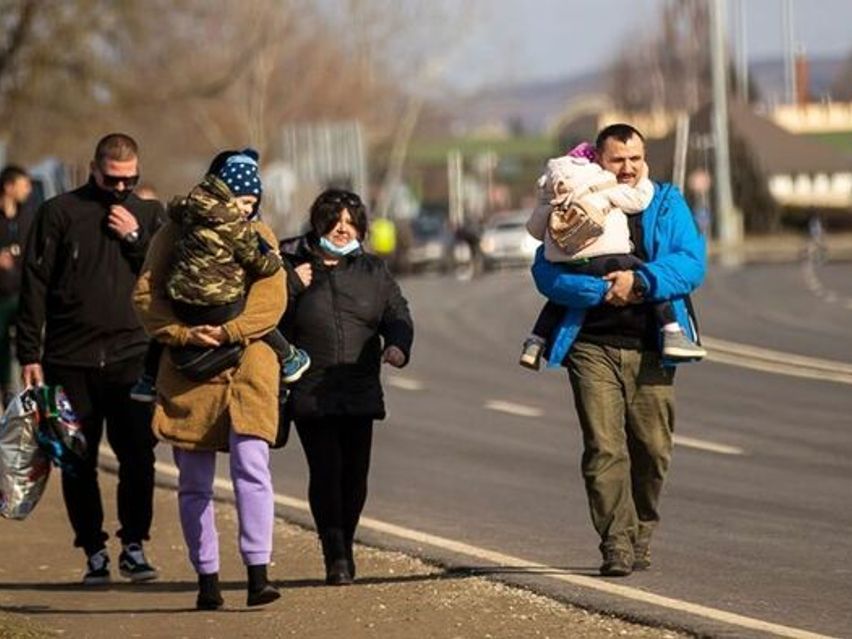
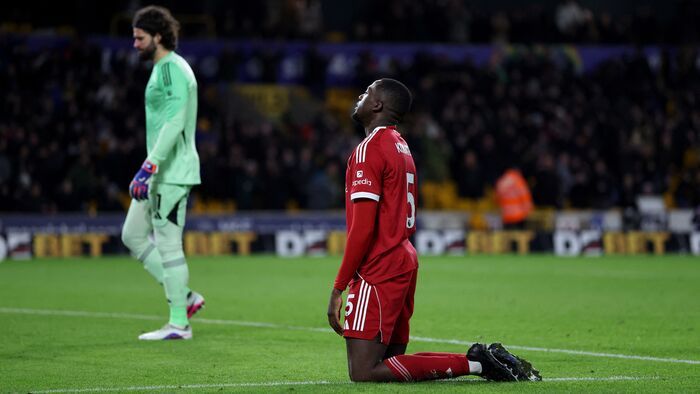

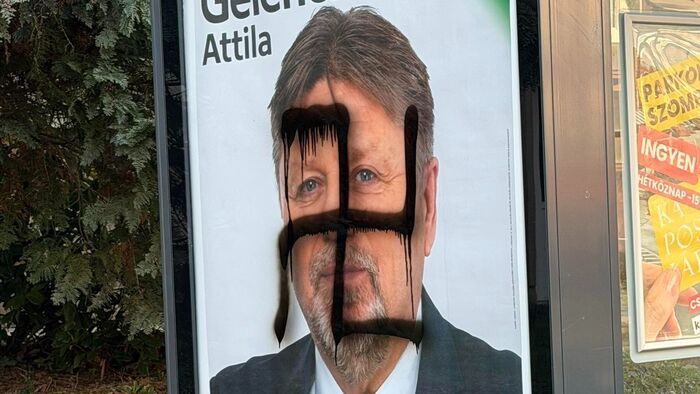

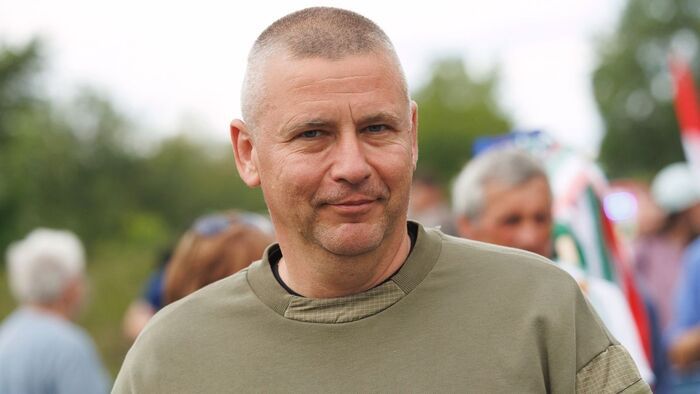
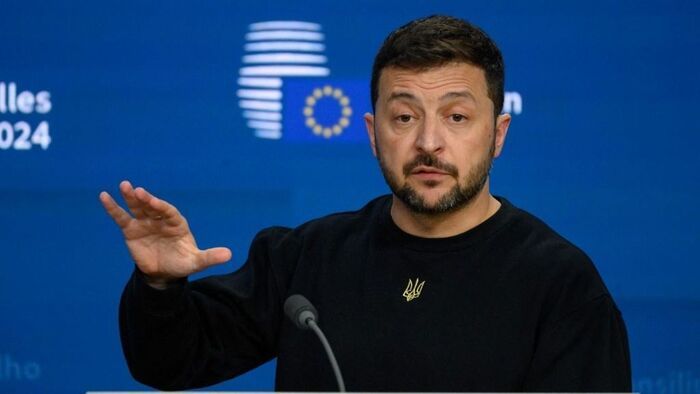
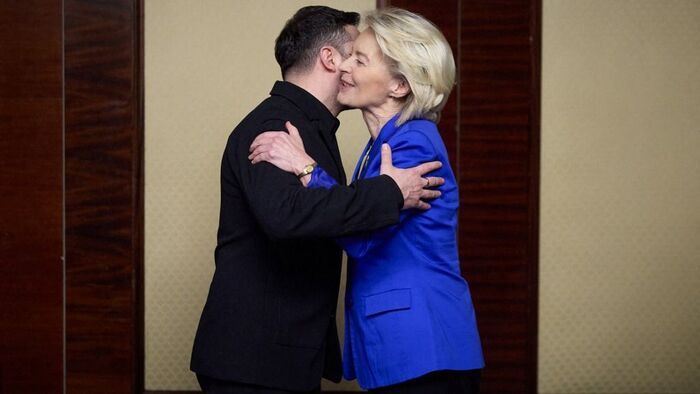
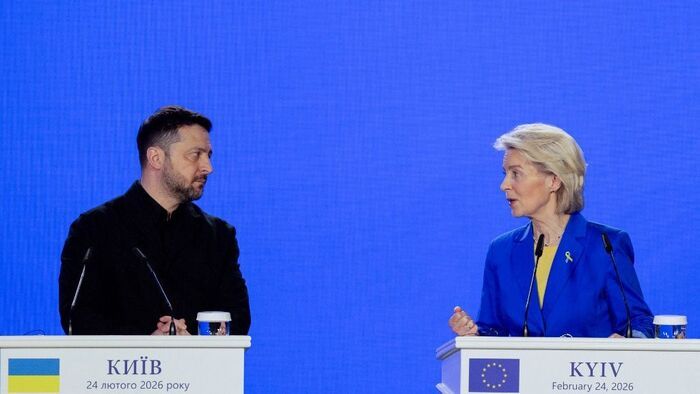
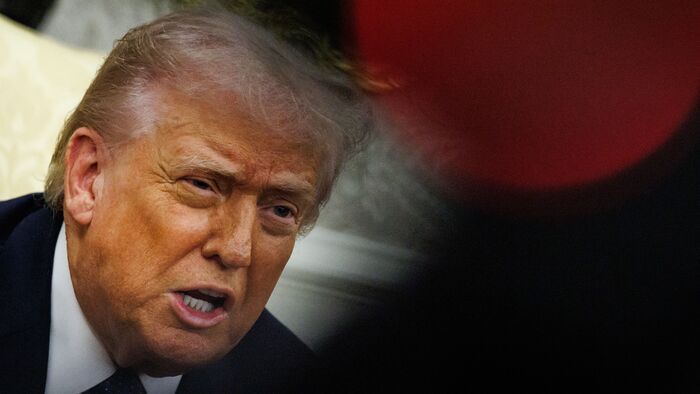



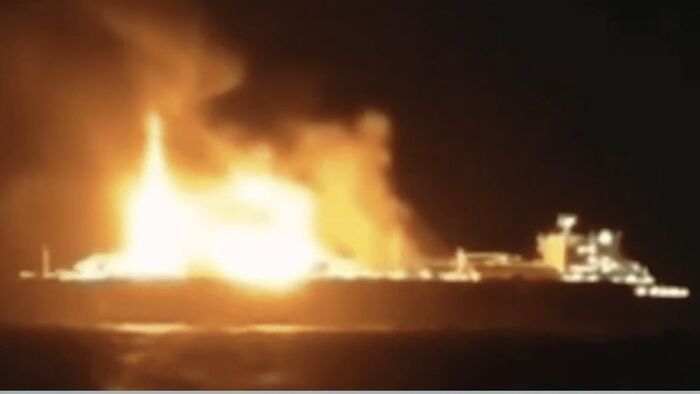

Szóljon hozzá!
Jelenleg csak a hozzászólások egy kis részét látja. Hozzászóláshoz és a további kommentek megtekintéséhez lépjen be, vagy regisztráljon!